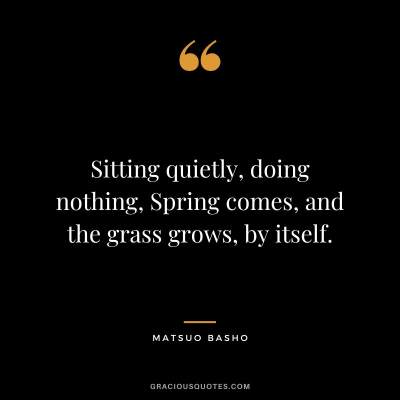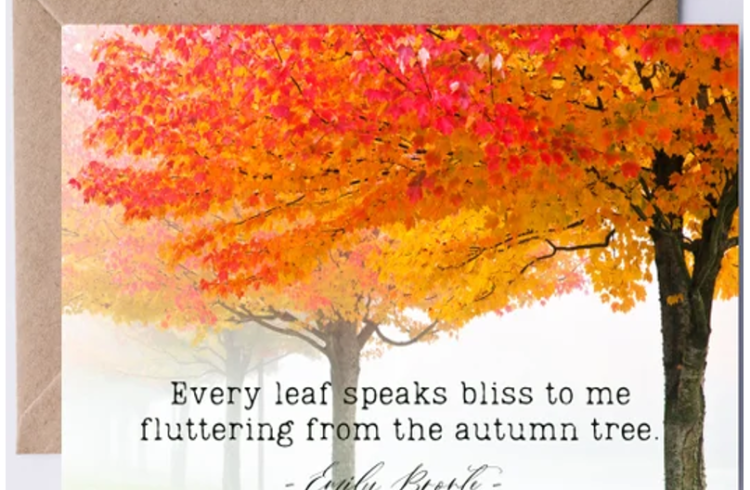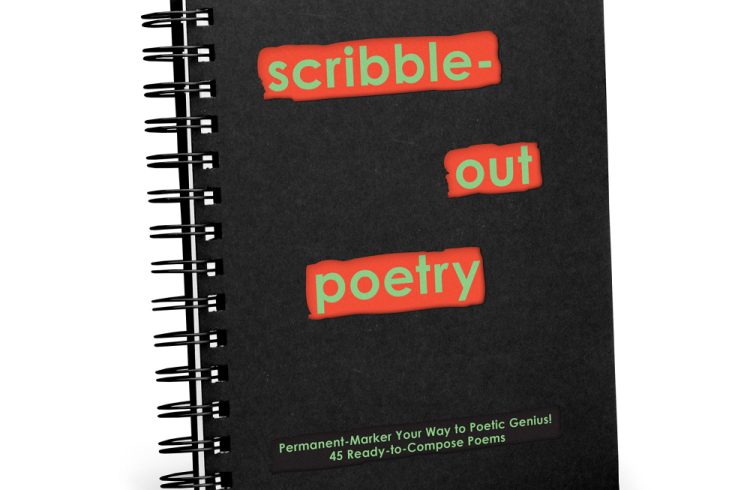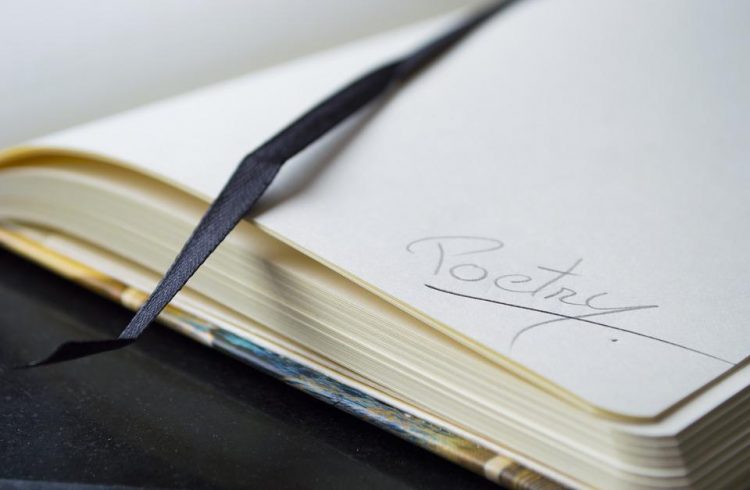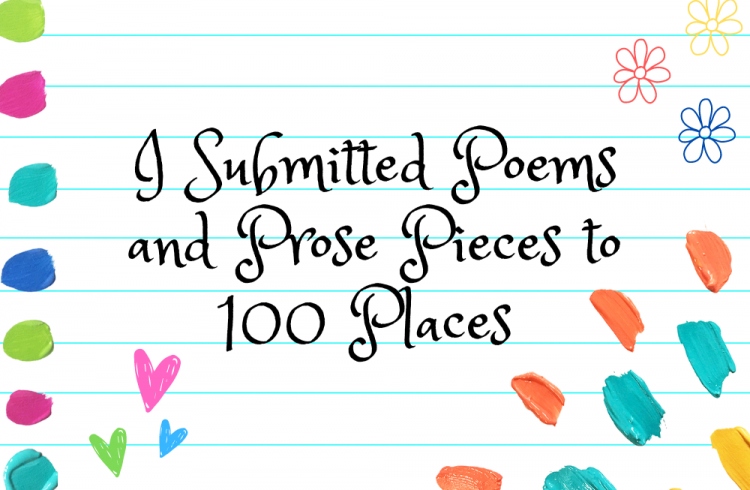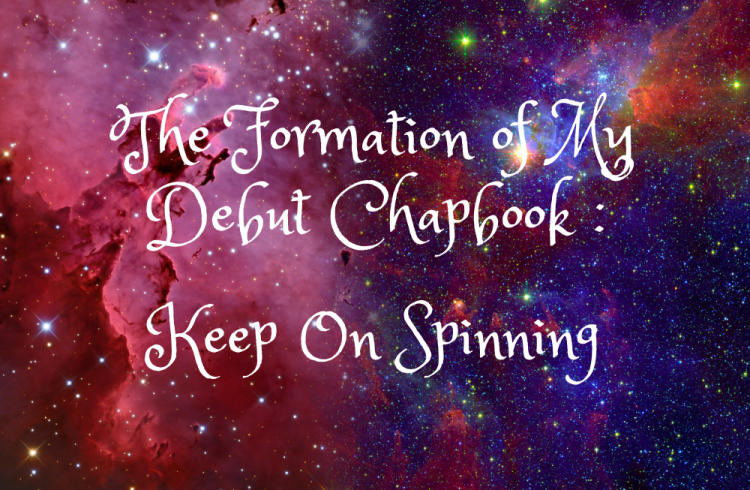“Sitting quietly, doing nothing, Spring comes, and the grass grows, by itself”- Matsuo Basho. To follow the autumn theme from the last blog, I am doing a study on both haiku poetry and Matsuo Basho, a 15th century Japanese poet. The reason these two links to autumn in my view, is because they each value […]
Tag: Poetry
Quote- “Every leaf speaks bliss to me fluttering from the autumn tree”- Emily Brontё October is the time of year when autumn, really is majestically alive. The days have that crisp embrace when leaving the house and the colourful array of wool scarfs make an appearance for the next six months. As a young writer, […]
Just before Christmas I was browsing in my local bookshop and I came across a journal called ‘Scribble-out Poetry’. In this journal there are individual pages of sample text from some of history’s greatest works, ready to be blacked out with a marker to form poetry. But what is Scribble-out Poetry? A quick internet search […]
Words and Music at MILK Café is one of Scotland’s longest running open mic nights, which I co-host with fellow poet Gayle Smith. It was founded by writer and former reporter Pamela Duncan, poet Janet Paisley and poet Hughie Healy in 1990. They met every month in Sammy Dow’s pub in the south side of […]
When reading a great book you will always come across a few lines or paragraphs that will make you pause for a moment, they will make you laugh, cry, gasp, look inwardly at yourself, and say ‘wow’. These parts of the book are often quoted again and again by other readers in book reviews and […]
I Submitted My Poems and Prose To 100 Different Places… Now What? For the past two years, I’ve taken part in a challenge I’ve named the 100 Rejections Challenge. I’ve explained a bit more about it and my reasons for undertaking such a challenge in another blog post, but for the purposes of this one, […]
It’s August 2018: the worst month of my life. My paternal grandparents died of cancer a week apart, and at each funeral I had to see my estranged father and his wife. I haven’t had a relationship with them since 2012. My love of karaoke was being strangled by the dismal pubs I was placed […]
I’ve seen a lot of bloggers and writers on YouTube talk about their goals and reflect on them, so I thought I would give it a try. You may be wondering why I’m talking about my goals for 2018, as opposed to 2019/2020. Picture this: the year is 2017. I’m a bright-eyed, bushy-tailed baby poet […]
For me, some silver linings of this terrible year have been that I‘ve had quite a few poems published in magazines and anthologies. One of my flash fictions was placed on a long list for the first time and my debut chapbook, Keep On Spinning, was published with small Scottish publisher Dreich Publishing. It came […]
You may be wondering; Haiku? What the heck is a haiku? A haiku is a very, very, short poem. So short in fact, that it only has three lines in English and a total of 17 syllables. The haiku originates from Japan and was previously called hokku, the name haiku came from the Japanese writer […]
